Ensuring Donated Land Gets Managed Equitably
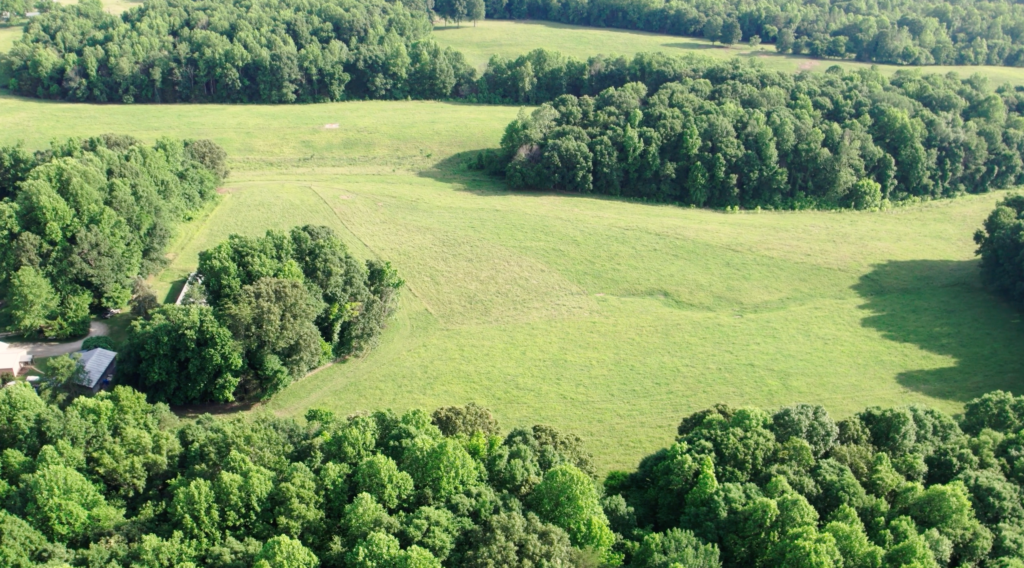
For Callie, successfully conserving agricultural land with issues of racial equity and environmental sustainability in mind took a lot of time and plenty of careful planning. After inheriting the land in 2015, Callie enrolled in classes at the local college and attended conferences on biological farming in search of farmers who shared her vision. Callie found a number of farmers who were interested in working the land, but only one couple was able to make a long-term commitment. Finally, after years of looking for a good fit, Callie and her husband found the Agrarian Commons model.
Building the Foundations for Food Sovereignty at Lick Run
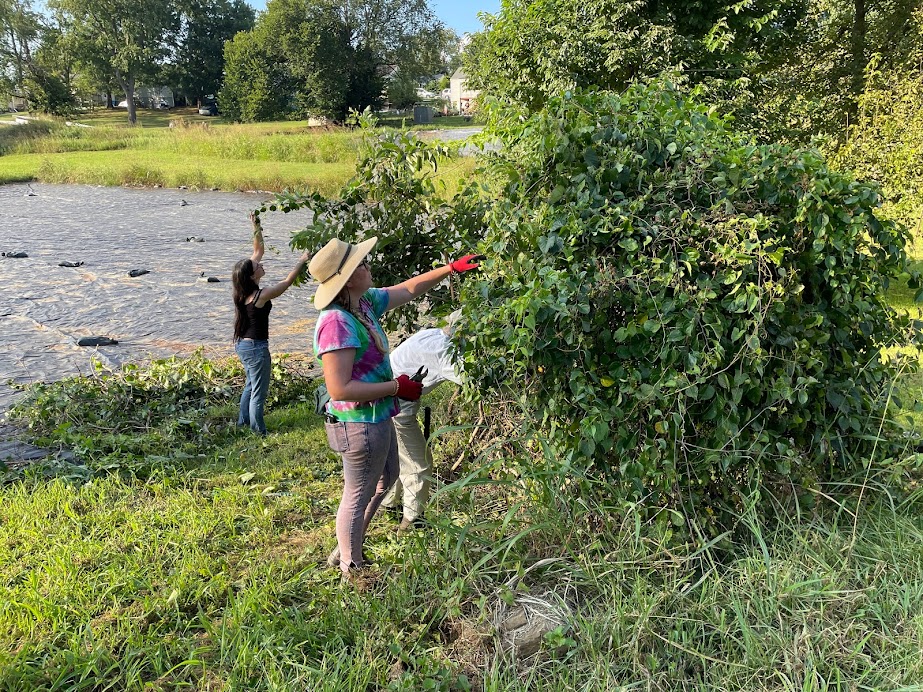
Community engagement and youth education play key roles in Terry’s vision for Lick Run Farm—even when it comes to creating a viable farm infrastructure. Building a greenhouse, Terry pointed out, can be an opportunity for teens to acquire important career skills.
“Something I learned firsthand when I first started farming was that farming is so much more than raising plants,” said Terry. “You at least have to be competent with plumbing, carpentry, maybe even a bit of electrical work.”
Ostrom’s Eight Design Principles for a Successfully Managed Commons
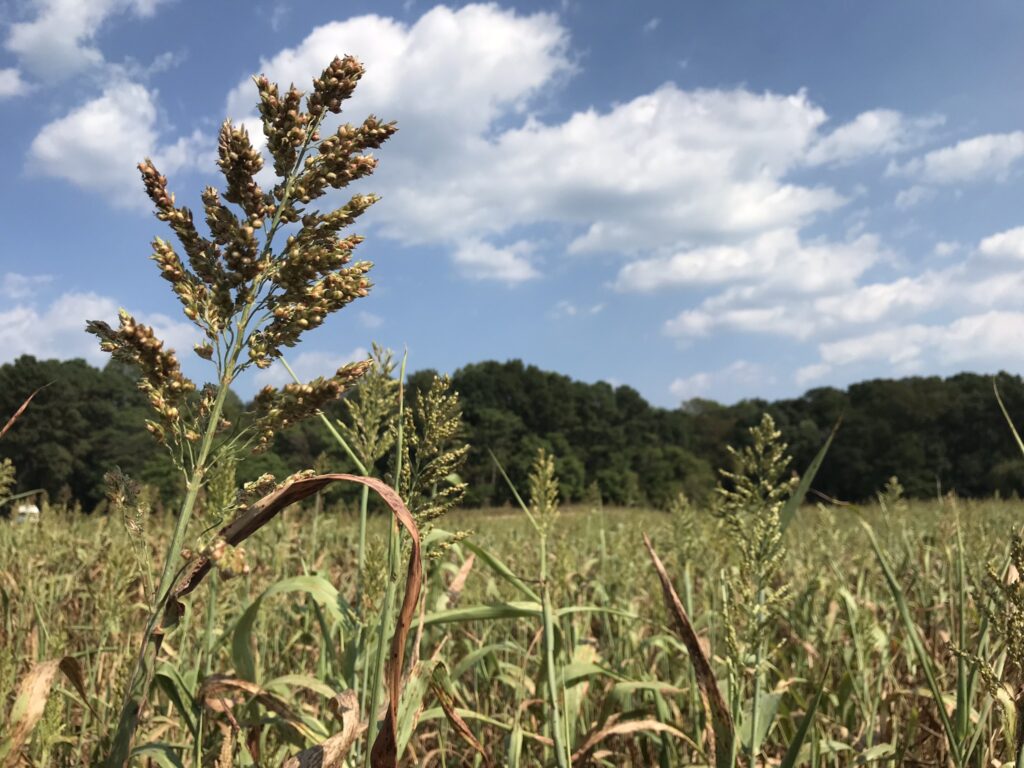
Torbel came to international attention in 1990, when Ostrom published her groundbreaking study of commons, Governing the Commons: The Evolution of Institutions for Collective Action. In the book, Ostrom argued against the dominant understanding of the commons, as exemplified by Garret Hardin’s Tragedy of the Commons, which held that the commons would inevitably—and tragically—be depleted by rational, self-interested actors. The existence of communities like Torbel was evidence enough for Ostrom that Hardin’s model was too abstract.
Restoring Native Pollinator Habitats with the Agrarian Commons
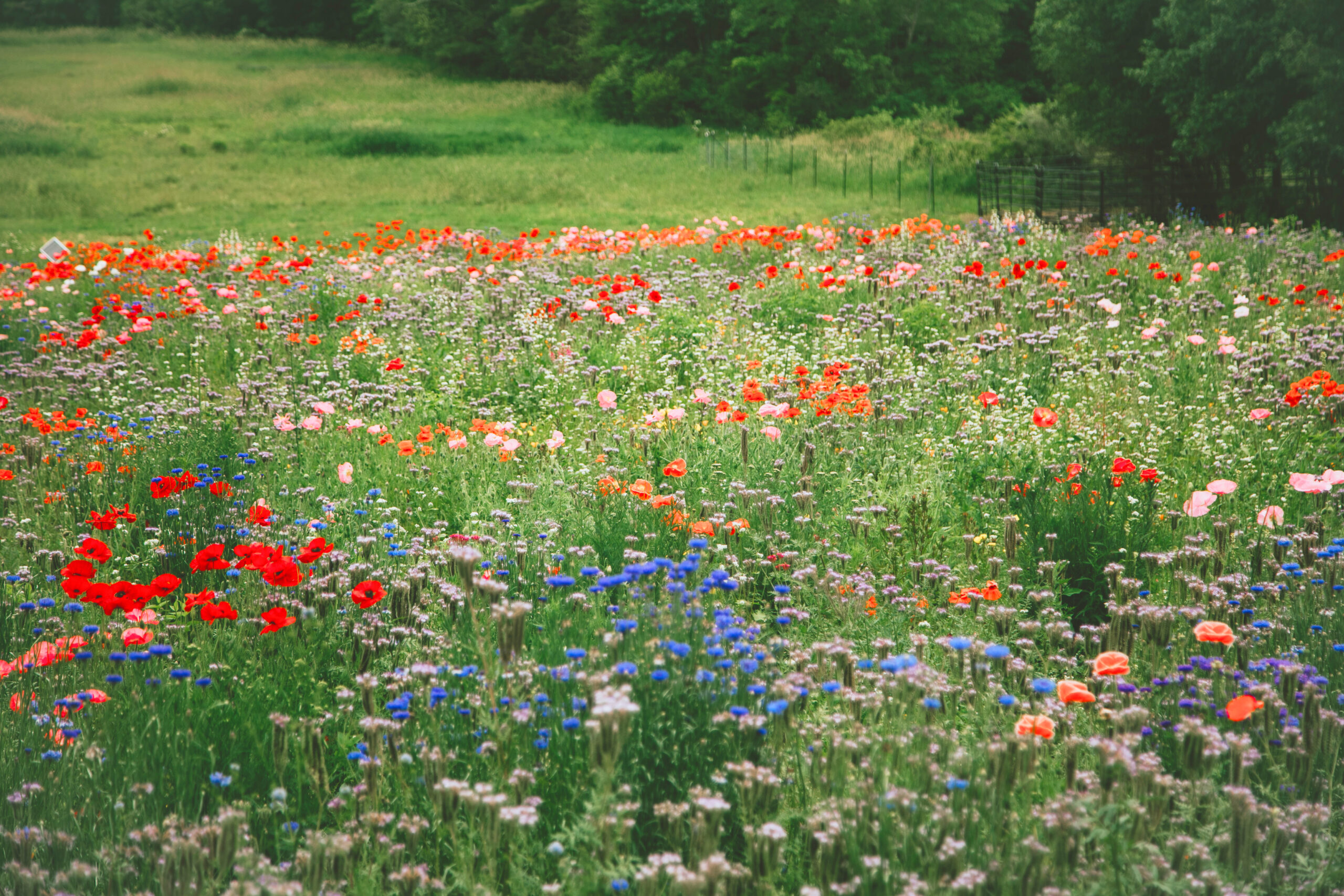
In the past twenty years, habitat loss, pests, pathogens, a lack of genetic diversity among pollinator species, and the reckless use of pesticides has caused a drastic drop in the United State’s pollinator population. Between April 2020 and April 2021 alone, beekeepers report losing 45.1 percent of managed honey bee colonies. This loss of pollinators impedes the function of successful ecosystems and poses a direct threat to farmers’ ability to successfully grow food. According to the United States Department of Agriculture (USDA), about “one mouthful in three in our diet directly or indirectly benefits from honey bee pollination.”
Enclosure: Old and New
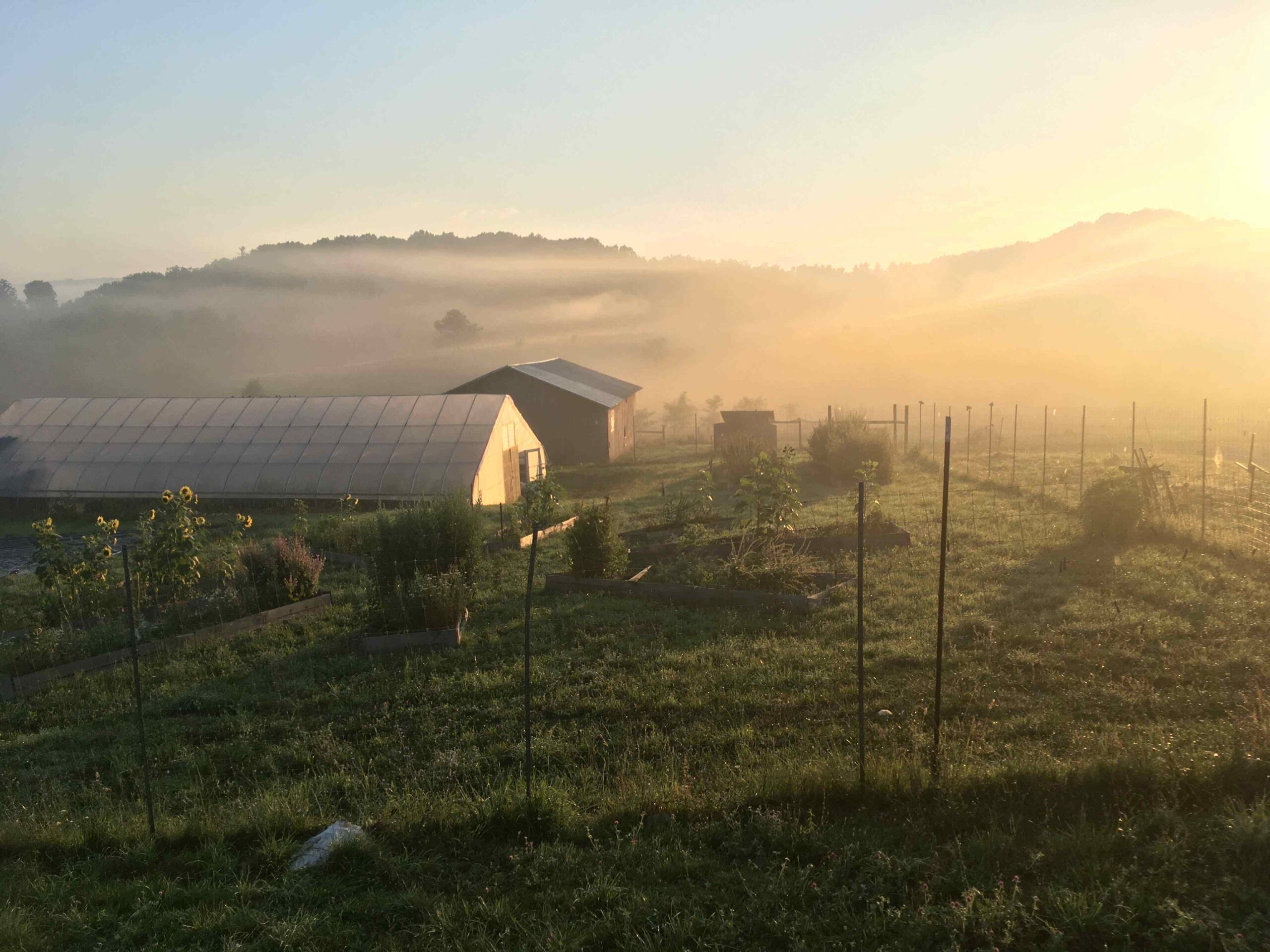
The Agrarian Commons is part of a long history of innovative commoning practices that have been formed in opposition to the commodification of land. Yet the dominant narrative in history textbooks frames the commons as a relic of the past, rendered obsolete by the “enclosures,” or widespread land grabbing that lasted from the 15th to 17th century. This narrative has been challenged by thinkers and activists who recognize that around the world, commoners are still actively fighting against efforts to grab their land and overturn traditional land rights. Agrarian Trust stands with these commoners as they seek to articulate a new, just vision of land tenure.
Commodity or Commons: Finance Capital and the Commodification of Land
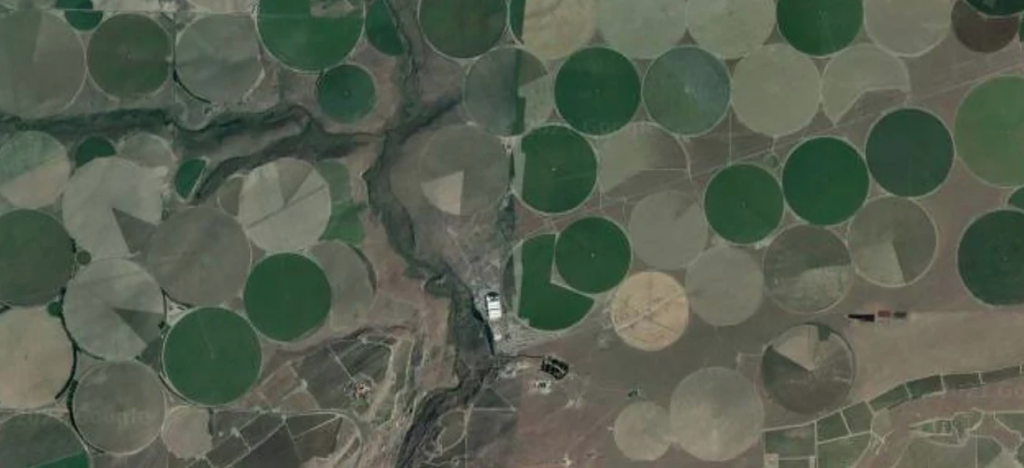
The first major entity to begin investing in farmland as an asset was Teachers Insurance and Annuity Association of America (TIAA)—one of the largest pension firms in the United States, with $1,375 billion in assets. In 2007, the TIAA began purchasing enormous tracts of land. By 2017, the TIAA owned more than 1.9 million acres of farmland worldwide— an area significantly larger than the state of Maryland—including over 490,000 acres in Brazil alone. TIAA’s purchases in Brazil led to the consolidation of power in the hands of a small number of agribusinesses specializing in soy monoculture, driving farmers off their traditional land in record numbers, and leading to widespread deforestation, wildfires, and loss of biodiversity.
Oasis and Community in Petersburg, Virginia
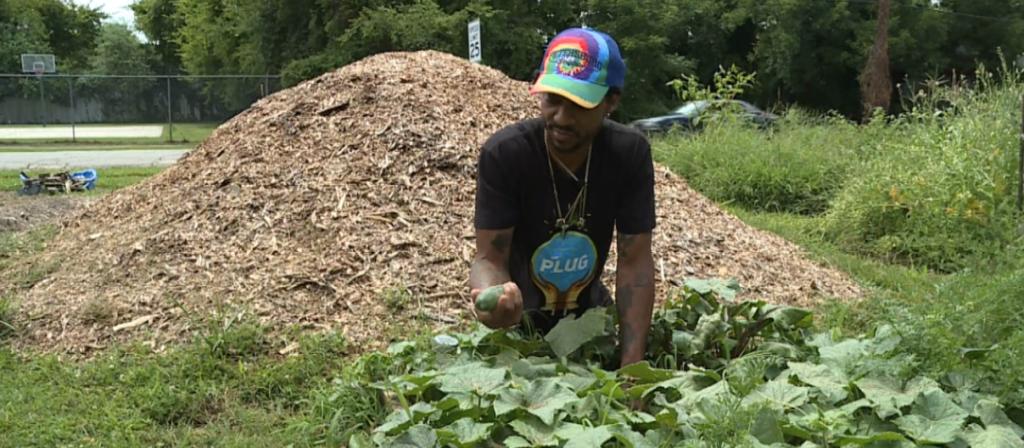
“What it means for our community… it means a sense of hope,” said Cherry. “It’s a light in a very dark time, not just for our city, but even for our country. And its potential for our youth, to know that something besides a place like Walmart exists here—that’s big. Something to be proud about, to say we have a community farm, something we’ve worked for—to have that kind of light in Petersburg.”
Virginia, a Resettlement State

America has always been a mix of cultural food traditions. We enjoy the freedom to explore taste and see the bounty of the many foodways, which allows us to be a part of the expansive American awareness. As cities become more culturally diverse, it is a chance for a renewed cultural fusion.
The state of Virginia has a resettlement program that makes space for this cultural interchange, facilitating new boundaries of cultural storytelling.
Healing the Land Through Community Collaboration in the Southwest Virginia Agrarian Commons
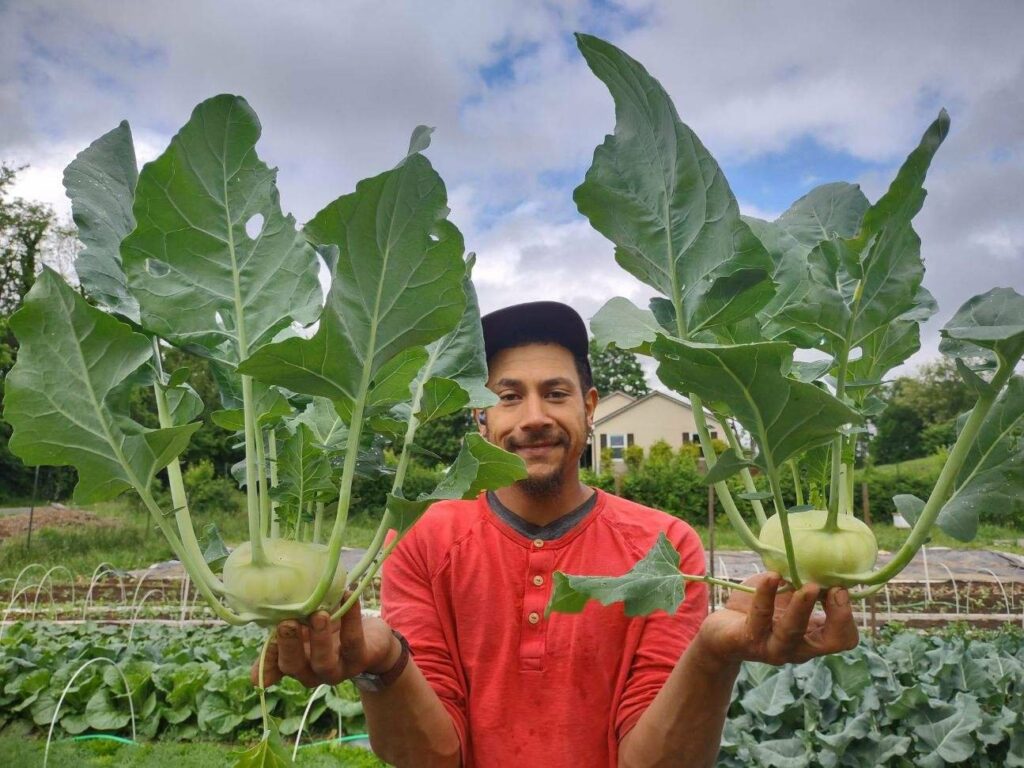
As the campaign to raise $426,250 to purchase Lick Run Farm gains momentum, the Harvest Collective, a Virginia-based collaborative farming group, is already hard at work preparing Lick Run for its new place in the Southwest Virginia Agrarian Commons. Along with Cam Terry, the head farmer at Garden Variety Harvests, the collective has been mowing grass, laying tarps, and completing small construction projects around the land.
Cultivating Resiliency in Roanoke, Virginia
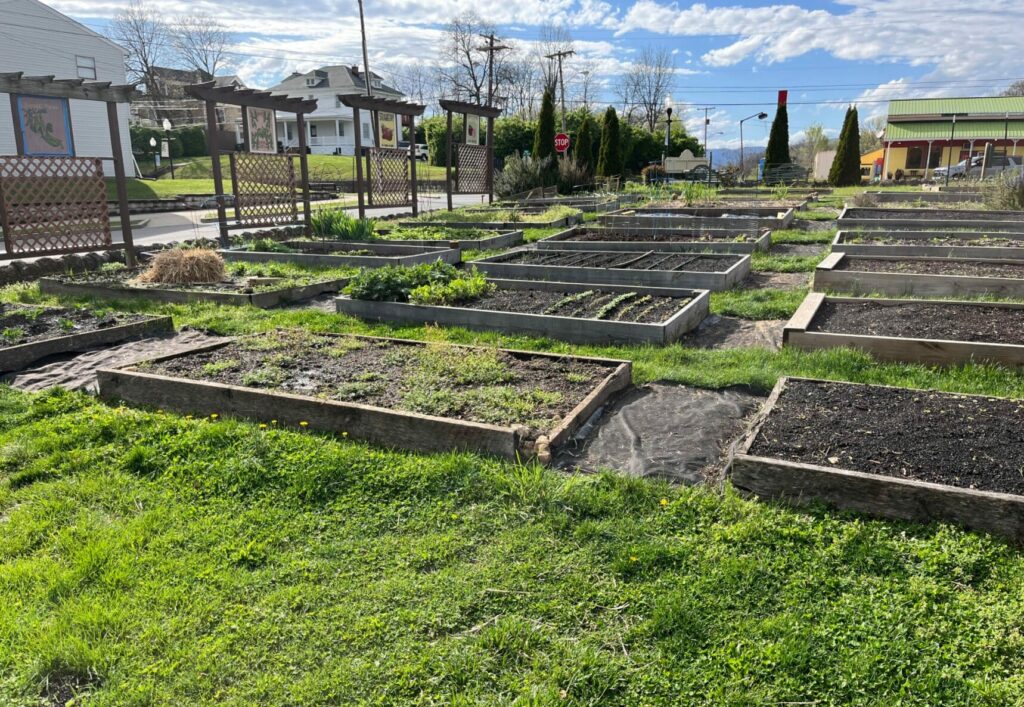
As a recipient of Roanoke City’s share of American Rescue Plan funding, LEAP is working to create a centralized food hub about a mile down the road from Lick Run Farm farm, where Cam plans to take his vision for growing food and building community to the next level. Once the funds are raised, the land will become the founding farm for the Southwest Virginia Agrarian Commons: a space where Cam can build soil, host workshops, and raise vegetables to be sold on-site as well as through LEAP’s new food hub.